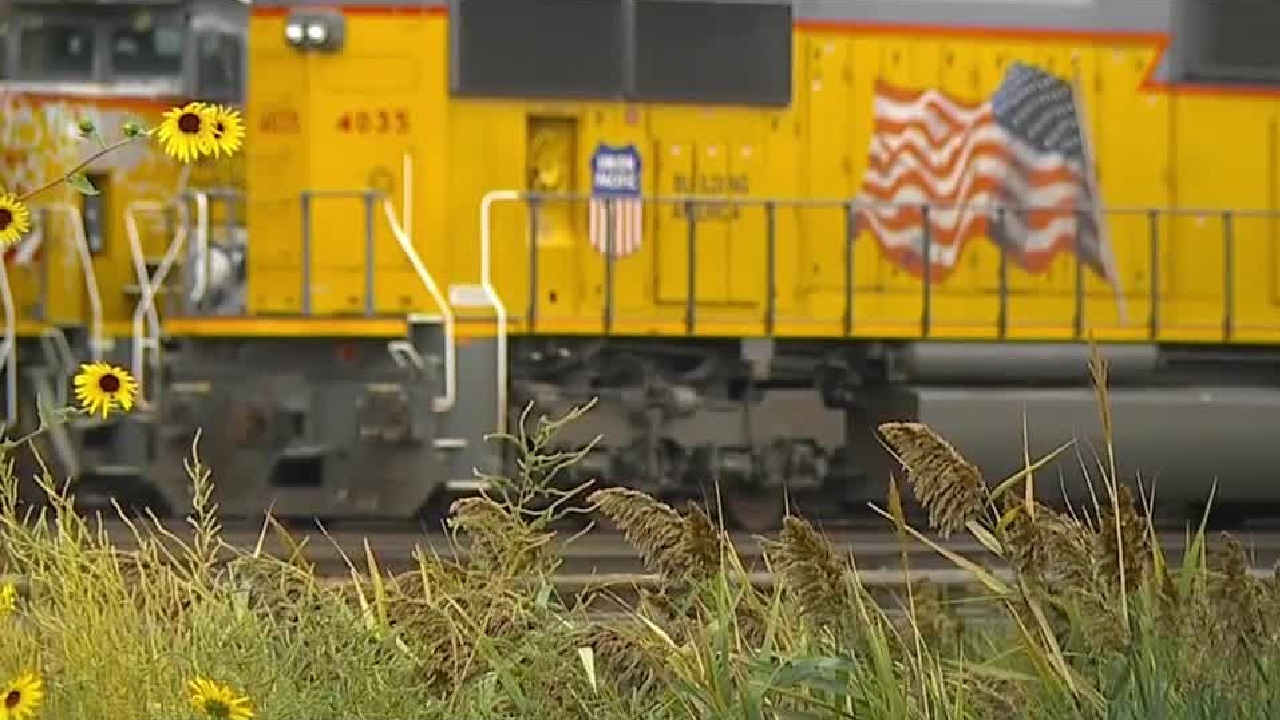SALT LAKE CITY — Freight trains in Utah could stop because of standstill negotiations between labor unions and rail companies by the end of the week.
Friday is the deadline to formalize labor negotiations. If a deal cannot be reached, the Association of American Railroads estimates $2 billion would be lost everyday if labor unions go through with their commitment to stop the trains.
"I hope it doesn't happen," said Utah Valley University operations and supply chain management director Phillip Witt. "It will have some pretty negative effects for everyone."
“We already have labor shortages in the transportation and logistics field, and so to try to shift 30% of the good to trucking other means is going to be a challenge for many companies,” Witt added. “The major markets that are going to affect consumers on a day-to-day basis are going to be oil prices increasing, you’re going to see food prices increasing and lumber would be the other one.”
Union Pacific, one of two large freight rail companies in Utah, released a statement Tuesday saying that they will work to secure items on the train in the event of a strike because they wont be delivered on time.
The other large freight rail company in Utah, BNSF Railway, sent FOX 13 News a statement in part saying "throughout the collective bargaining process, we have continued to believe that it is in the best interests of our customers, employees and the public for the railroads and unions to settle this dispute without delay and prevent service disruptions.”
This service disruption will happen if all 12 unions don't come into agreement, which as of this time has not yet happened, or Congress could intervene to keep operations going.
"The issues are, to a great degree, around working condition kinds of matters," said University of Utah professor of economics Tom Maloney.
While Maloney believes it could be a momentous strike, he also doesn't think the stoppage will be long term.
“I think this is the leverage that that these workers have is that they are, you know, serving all of us in in important ways, and we're going to notice when conditions deteriorate enough that they feel they need to take action," he said. "So I think that that will that will move things along one way or another."
Witt adds that this doesn’t mean people need to stock up and hoard supplies, because that would only make the shortage worse.
“If consumers can be cautious and not overreact and cause shortages on our own by going out and buying massive amounts of products," he said. "Then that is probably beneficial to everyone.”




